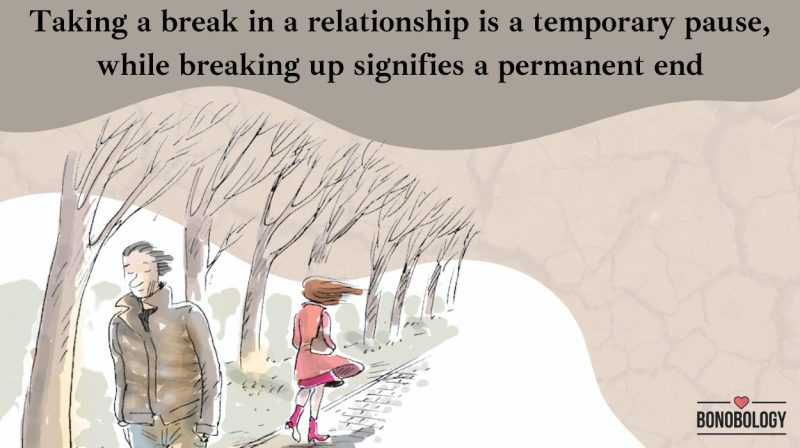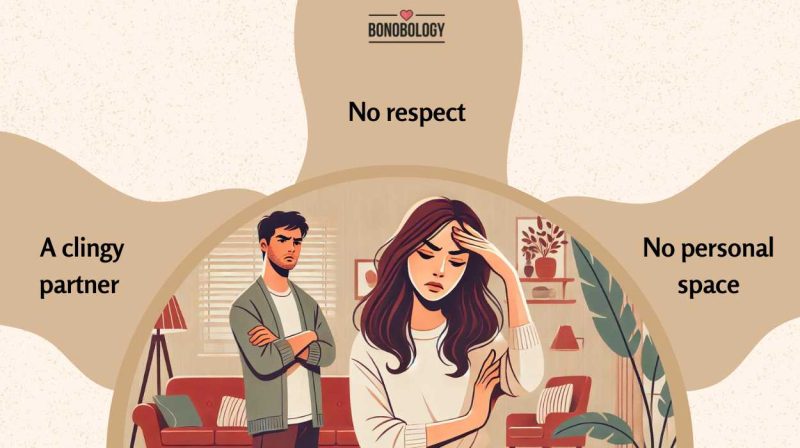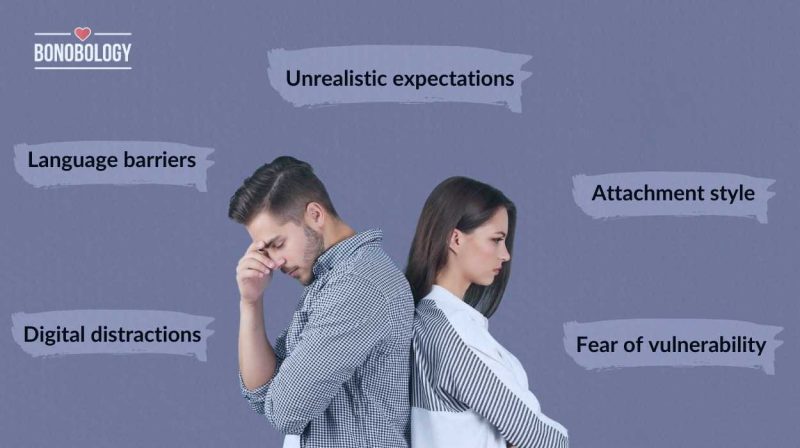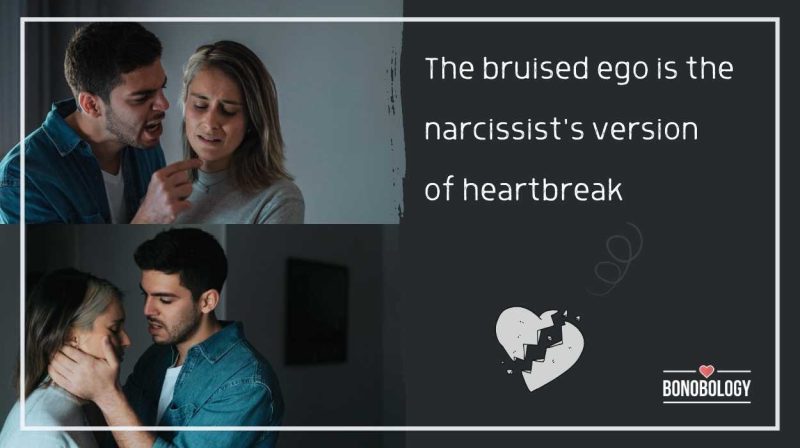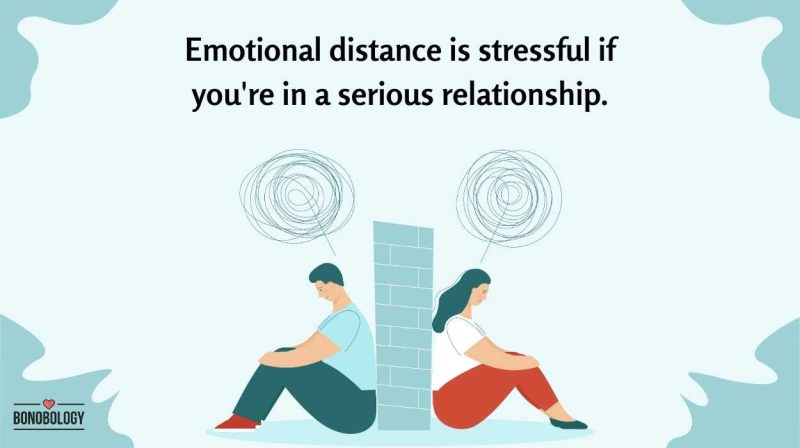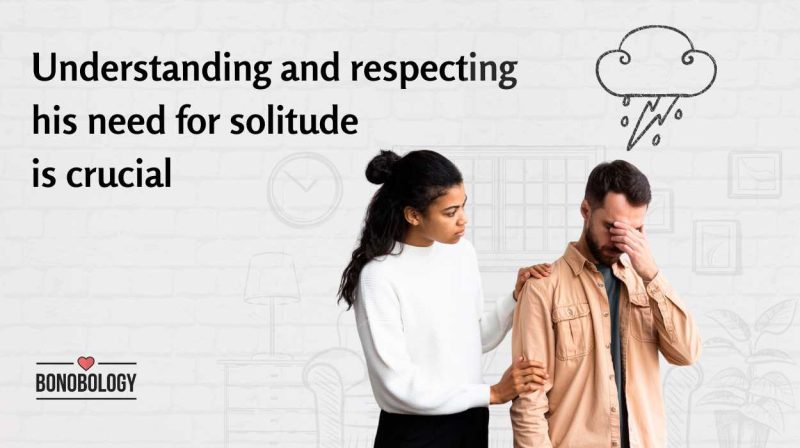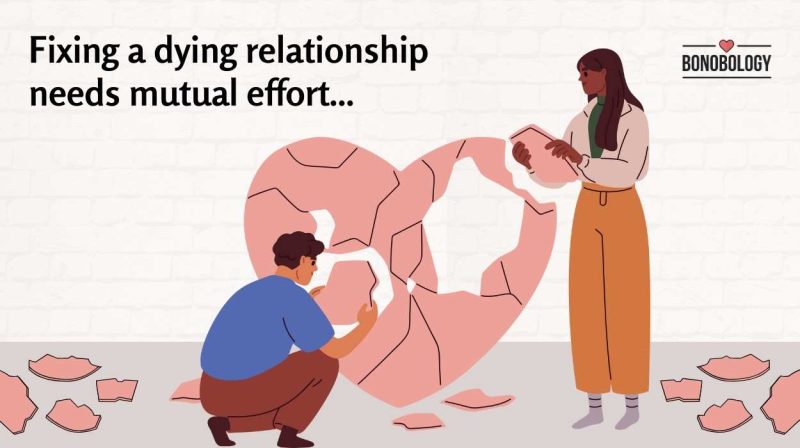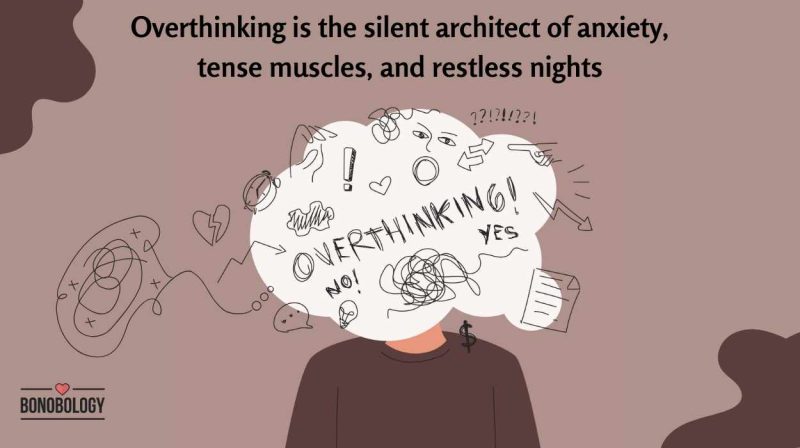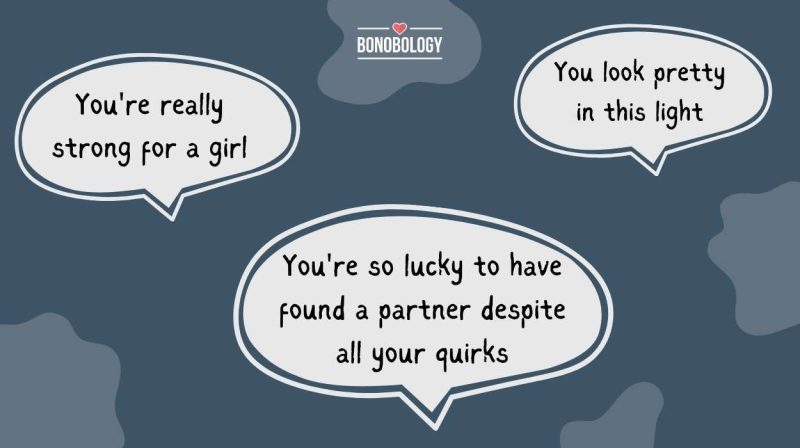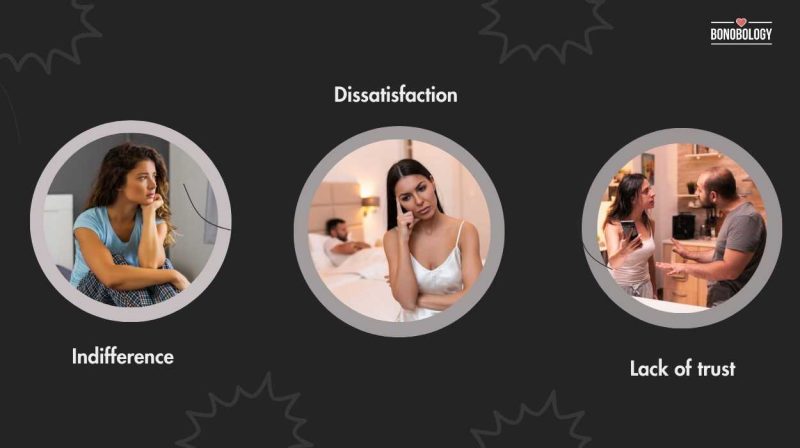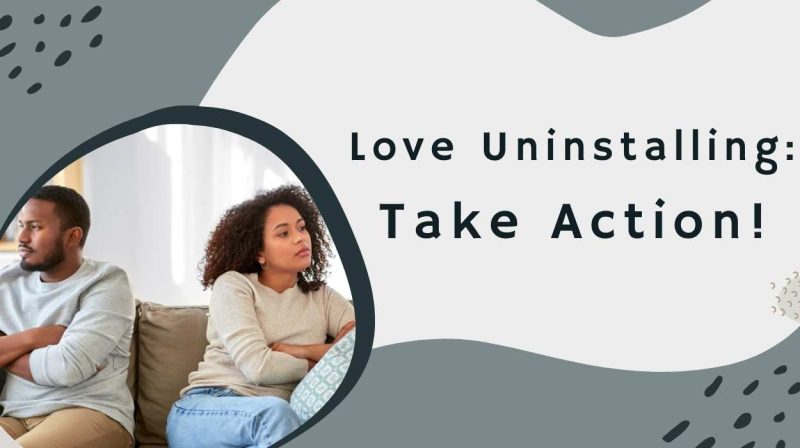Sometimes, the worst thing you can say to another person is: “Cheer Up!” When someone is struggling with difficult emotions, such overly positive platitudes can cause them to suppress their actual feelings, be in denial about their state of mind, and even invoke feelings of guilt and shame. That’s toxic positivity in a nutshell.
While there is no denying that a positive outlook can be an asset to your mental well-being, when one embraces (or is forced to) positive thinking in contradiction to their external and inner reality, it turns toxic. Toxic positivity stems from a rejection of uncomfortable emotions in favor of a cheerful façade.
This can be problematic because life and an individual’s circumstances aren’t always positive. We are all dealt a few knockout punches along the way. To be able to work through these painful experiences and emotions, it is vital to feel and deal with them honestly and openly. An overdose of the sweet nectar of positivity in the form of statements like “everything is awesome” or “good vibes only” denies any and all unpleasant emotions their rightful place.
This can have far-reaching effects on an individual’s mental health. So, then how do you identify and deal with toxic positivity? And why is it important to do so? In this article, psychotherapist Dr. Aman Bhonsle (Ph.D., PGDTA), who specializes in relationship counseling and Rational Emotive Behavior Therapy, decodes toxic positivity psychology to help you find answers to these questions.
What Is Toxic Positivity?
Table of Contents
What is toxic positivity? It is essentially the idea that people should maintain a positive mindset, no matter how difficult or dire a situation. This results in the dismissal of all other emotions that may be just as relevant to being alive and the experience of living life.
All the primary emotions, be it love, joy, surprise, fear, sadness, anger, disgust, shame, or pride, serve a purpose. For instance, fear tells you to protect yourself from a potentially harmful situation. Anger tells you to stand up to injustice. Sadness attunes your mind to a loss. When you prioritize one emotion over others, it leads to the creation of a fake inner reality that is in direct conflict with your external circumstances. This, in turn, causes stress, resentment and anger in relationships, both with oneself and others.
In short, toxic positivity stretches optimism and a positive outlook to an overgeneralized extreme. Telling people to not display any emotion that is not happy or positive denies and minimizes the existence of a whole spectrum of human emotions – jealousy, anger, disgust, shame, sadness.
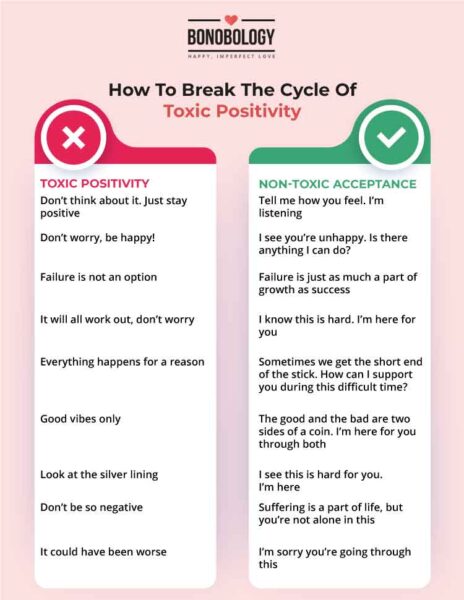
Toxic positivity psychology
Toxic positivity can operate on two levels – a person forcing themselves or being forced by those around them to be strictly positive or happy all the time, irrespective of their circumstances. This toxic positivity psychology, which emboldens an imposed emphasis on the “bright side” or “silver linings”, stems from our collective discomfort with extremes of any emotion, particularly uncomfortable ones.
Emotions like sadness and anger confuse people, and humans don’t like that. We savor predictability because it is synonymous with safety. As a result, we end up forcing others – and ourselves – to be happy all the time. Why? Because when someone is happy, they’re the least likely to be a threat, a liability, and make those around them look less bad.
So, the toxic positivity psychology is rooted in the basic human need and desire for safety, security and predictability.
Related Reading: 9 Signs Of Lack Of Empathy In Relationships And 6 Ways To Cope With It
What Is the Toxic Positivity Impact?
Now that you have a fair idea of what is toxic positivity, it is also equally important to understand how it impacts the person at its receiving end. One of the classic toxic positivity examples is invalidating emotions.
When someone invalidates your emotions because “it could have been a lot worse”, then you’re dealing with textbook toxic positivity gaslighting that can be extremely damaging to the psyche. For instance, I counseled a couple in the wake of the husband’s infidelity. Despite having cheated, this man was telling his wife to look at the bright side.
That he had married her in spite of a huge difference in their social status and backgrounds and given her a life she couldn’t have dreamed of. That he was still footing the bill for her expensive lifestyle, taking care of her mother’s medical bills and returned to her at the end of the day, irrespective of who he was or wasn’t sleeping with outside the marriage. In the process, he was dismissing her emotions straight off the bat and invalidating her agency as an individual. This form of toxic positivity gaslighting can be extremely damaging.
Such toxic positivity examples in the context of women are not uncommon. It’s almost as if they are being asked to be happy at gunpoint because the men in their lives are not equipped to deal with complex, uncomfortable emotions.
Related Reading: How To Love Yourself – 21 Self Love Tips
The same is also true for children. Psychological punches are landed on children when they’re forced to be happy even when they’re tired, emotionally burdened or confused. Once again, this is done in a bid to establish predictability and make oneself feel better as a parent. However, in the process, by burdening the children to always be cheerful, happy and upbeat, we’re conditioning them to internalize toxic positivity.
This tendency is also exacerbated by pseudoscience practitioners, like different types of healers, who do not have any scientific modalities to rely on for helping others resolve their issues. Their token advice to people is to just “be happy” or their go-to method is “sending healing vibes”. This can also create an illusion that focusing on the positives, even when none exist, can make problems – and the difficult emotions arising out of them – go away.
Another contributing factor behind the toxic positivity psychology is the pressure to appear happy and perfect on social media. You cannot scroll through social media without stumbling on posts and comments carrying motivational posts saying “be positive”, “look on the bright side”, “good vibes only”, “mind over matter”.
What many people fail to understand is that those perfect photos in a perfect setting with perfect lighting, flawless skin and radiant smiles et al, are not a genuine portrayal of someone’s happy life but a manicured version of themselves. This has become a major contributor to the culture of toxic positivity. And why is it toxic? Because it’s disingenuous.
How To Avoid Toxic Positivity?
If you’ve been affected by toxic positivity or recognize a tendency to indulge in it yourself, you can take measures to inculcate a more supportive, holistic approach toward unpleasant situations and emotions. Here are some ways to avoid toxic positivity:

- Accept your emotions: Be extremely clear about the emotions you are experiencing rather than trying to ignore or deny them or cover them up with fake positivity and optimism
- Be realistic: Don’t put too much pressure on yourself – or others – to be positive, happy, in control all the time. Be realistic about the emotions you should feel in any given situation, and allow yourself to feel them. If you’re in a stressful situation, it’s normal to feel worried or fearful. So, don’t push those emotions away
- Allow yourself to feel: It’s normal to feel complex, sometimes contradictory emotions, in difficult circumstances. Allow yourself to feel every single emotion that comes up in response to a situation rather than picking one over the other. For instance, if you’ve gotten out of a toxic relationship, you may feel a sense of relief and grief at the same time. And that’s okay. Neither of those emotions is invalid
- Identify the source: Get to the source of your emotions and do the work to understand why you’re feeling what you’re feeling in a given situation. For example, if you feel anxious or edgy in a social setting, try to get to the root of your social anxiety
- Do the work: If you struggle to make sense of your emotions or sit with difficult feelings, seek therapy. It can help create a lot of self-awareness about what you feel and why, taking away the pressure of feeling the way you “ought to”
Toxic positivity, whether it is self-imposed or coming from others, can lead to a lot of guilt and shame, which can get in the way of your growth and peace of mind, and also lead you to internalize embracing inauthentic emotions as an avoidance mechanism. Remember, “glass half full” is not always the right prism to view and experience life from.
Your contribution does not constitute a charitable donation. It will allow Bonobology to continue bringing you new and up-to-date information in our pursuit of helping anyone in the world to learn how to do anything.



